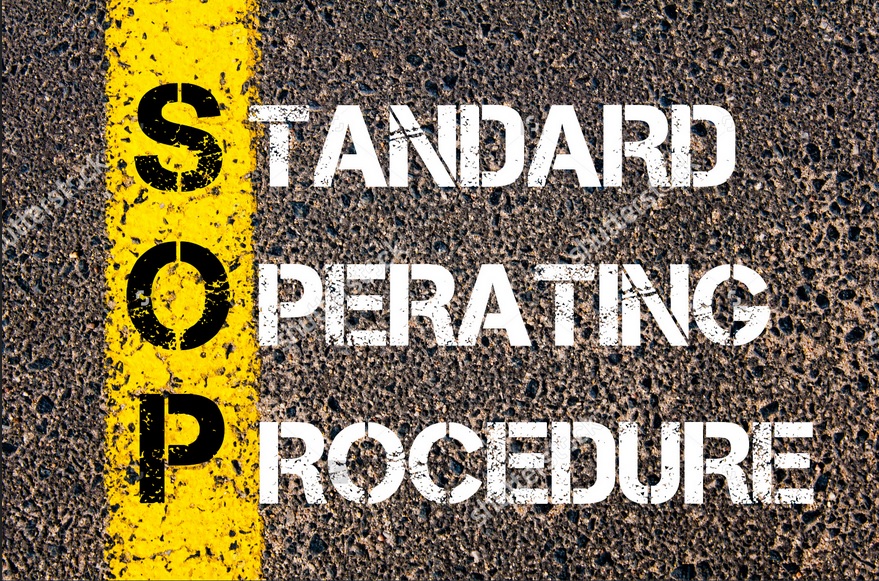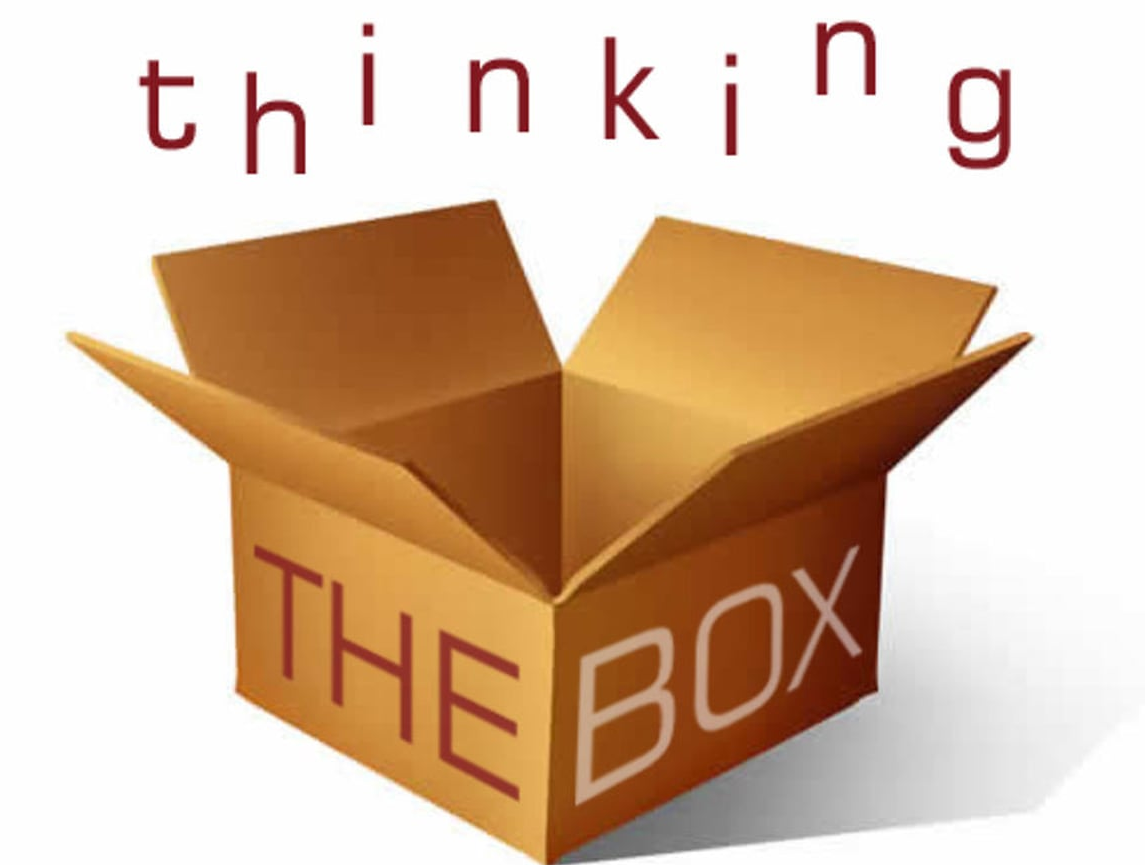Blog Articles – Filtered by Tag
Key Insights to Writing Great SOPs

Over the years, I have had the privilege of speaking at one of the premier IT industry events in Orlando, FL at least once a year. One of the sessions I presented was titled “SOPs for your SOPs,” which covered two essential topics: how to write great Standard Operating Procedures (SOPs) and how to build a solid culture around continual process improvement. While I tend to focus heavily on identifying our flaws and continuously seeking improvement, I sometimes overlook the importance of recognizing what we do well. It was both rewarding and an honor to share with the attendees what we have learned, often from our own mistakes. In this blog, I’m going to focus on the critical elements we have found necessary for writing great SOPs.
Defining Our Purpose: The Journey to Discovering Our “Why”
As our organization grew, I realized that while I had a clear vision in my mind of why JNR Networks existed, I wasn’t effectively communicating that vision to our team and clients. When we embarked on the journey to define our traditional business “Mission, Vision, and Values,” we encountered challenges. Some of these challenges stemmed from a lack of clarity, while others arose from our struggle to fit our ideas into the conventional structure. We wanted something that felt right, had the impact we desired, and truly embodied our essence.
Human Networks
At the heart of our design philosophy at JNR Networks is the concept of a Human Network. This idea influences every aspect of our work. While this concept might seem a bit complex at first, let’s break it down.
Sales, Lies and Manipulation

When I’m in the process of making a purchase, I often take a step back to observe the experience from a broader perspective. I enjoy analyzing the interactions between the parties involved and their overall approach to the exchange. Unfortunately, I’ve noticed that many sales processes involve lies and manipulation just to close the deal. This often leaves me questioning whether ethical sales are even possible. However, I also recall positive sales experiences where both parties genuinely looked out for each other, aiming for a mutually beneficial outcome.
Shaking up the Idea of Balance

In today’s fast-paced world, there’s a lot of talk about finding balance in life. For myself, it can feel like there’s immense pressure to maintain perfect balance every moment of every day, and if I don’t, it often feels like I’m failing. This perceived failure can lead to even more imbalance as we scramble to fix things, much like the chaotic factory line scene in the classic “I Love Lucy” episode.
The Importance of Impact
When we sat down to define our core values, we started with a long list. As we worked to refine it, we realized that many values were actually distillates of others. For example, we see honesty as a distillate of integrity. This led us to focus on identifying root values that drive all the others. That’s how we arrived at the concept of Impact.
The True Essence of Growth
Growth is a fascinating concept. On one hand, it’s an obvious value for any organization. On the other, it’s often overlooked, with many companies spending significant time figuring out how to achieve it.
For us, growth isn’t just a goal—it’s an outcome. We believe that by doing the right things for the right people and for the right reasons, we help our clients grow, which in turn drives our own growth. Thus, growth is a necessary outcome of our actions.
Thinking Outside the Box

Thinking Outside of the Box is a phrase we often hear, but truly embracing this mindset can be challenging. The very notion of a “box” suggests limitations, yet the practice of thinking beyond these constraints is essential for the growth and innovation of both individuals and organizations. Without mastering this skill, how can we achieve breakthrough ideas and advancements?
Valuable Values
In the fast-paced world of IT, it’s easy to lose sight of what’s truly important. We all have core values, but the daily hustle can lead us to forget them or make small compromises that steer us off course. I face this challenge too.
There are countless resources on setting priorities, defining values, and maintaining focus. The key is to distill our focus down to specific, core elements and ensure everything aligns with these values. We must clearly define what is valuable to us and ensure every action ties back to that focus.
The Interconnection of Integrity and Integration
In the world of IT, we often think of integrity as a trait of character and integration as a feature of systems and processes. However, these two concepts are deeply intertwined.
When we say someone has “integrity,” we mean there’s a consistency between their words and actions. If they commit to being somewhere at 5 PM, they will be there at 5 PM. If they promise to complete a project by Thursday, it will be done by Thursday. Achieving this level of integrity requires intentional planning and execution. You need to account for variables and engineer situations to ensure consistent outcomes.
Tags
Let’s Connect
We would love to hear from you. If you have questions about how we may be able to work together, click the button below, fill out the form and we will connect to explore the future together.
